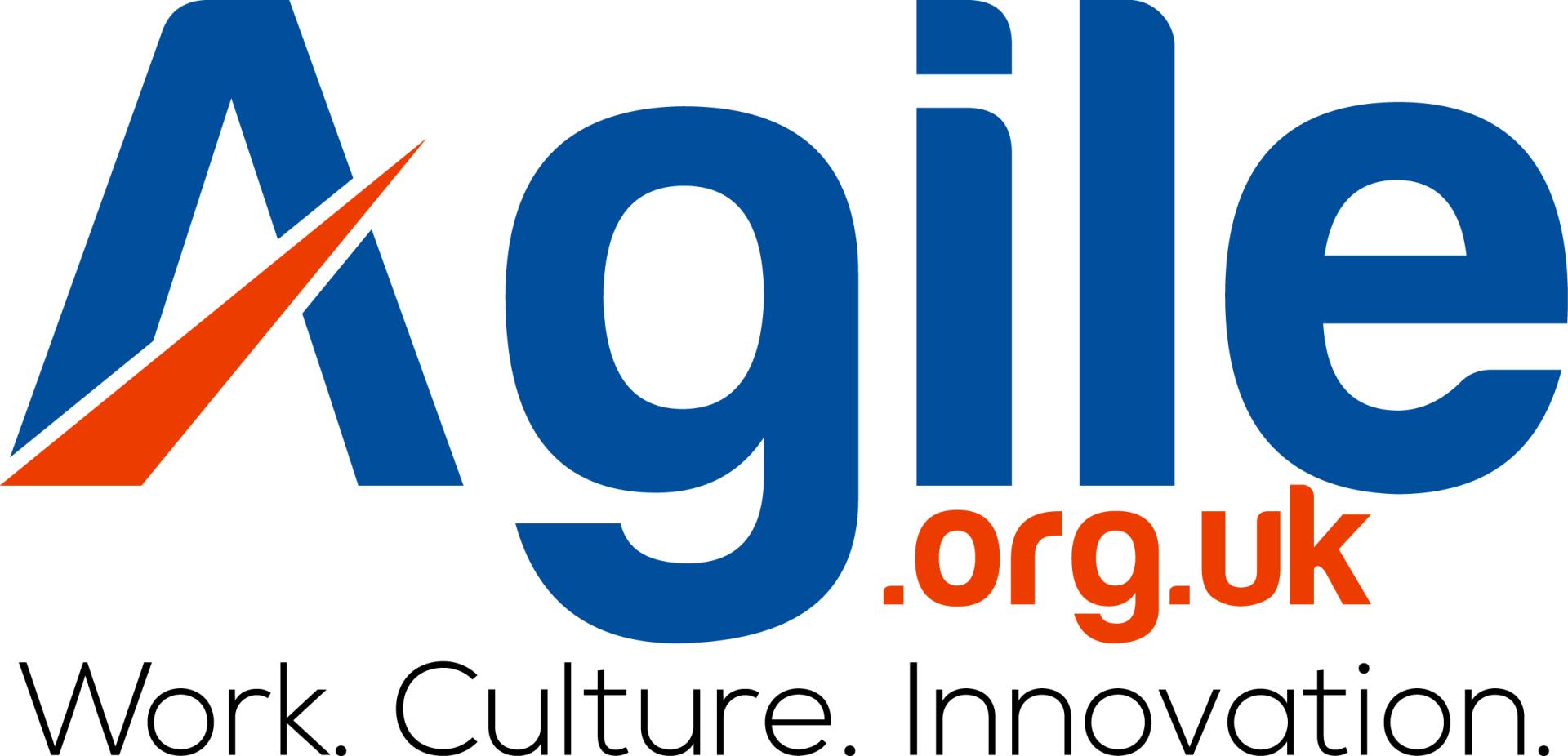It’s hard to imagine a business that wouldn’t benefit from implementing an agile working model in some way. Agile working allows employees to find organic, creative solutions to problems without managers or supervisors constantly overseeing and micromanaging their progress. It frees up creatives to pursue their own unique approaches and often results in far more innovative solutions, which in turn drives growth and makes customers happier.
One industry in which agile working can be a boon is marketing. If you’re a marketer, you can likely attest to the fact that chasing out-of-the-box ideas and solutions is a huge part of the job, and agile working allows you to do just that. Let’s take a look at some of the benefits of agile working for marketers, and how those benefits can help you increase your productivity and efficiency.
Flexibility and adaptability
Perhaps the most important benefit of agile working for marketers is the flexibility it allows. Marketers are free to devise and implement their own campaigns with maximum creative freedom, which in turn allows them to approach each client with a unique and tailored strategy. No longer are marketers constrained by statements like “this is how we’ve always done things” or “we can’t go above and beyond for that client”. Instead, marketers can approach each problem as they see fit, and that also means that when new clients put forth new challenges, marketers are well-equipped to deal with them under the agile approach.
Productivity
Without the constant oversight that non-agile working models often espouse, marketers can increase their productivity significantly. Workers are free to simply “get the job done” without needing to worry too much about constantly reporting to superiors or getting bogged down in excessive bureaucracy. This, in turn, naturally leads to more work being completed, which also gives your agency a better reputation (provided the work is done well, of course). Teams can collaborate more effectively, too, which will also increase productivity.
Customer satisfaction
If an agile working model is implemented properly, then it should result in better work for your marketing team, which should, in turn, increase customer satisfaction. Clients for whom you create marketing campaigns should see the benefits of the agile approach you’re taking; they should be able to watch as the campaign yields results in real time. They’ll appreciate the flexibility and creativity that the agile approach allows, because it means that your marketing team can focus on the individual needs of each client rather than trying to create a one-size-fits-all solution.
Collaboration
Some of the best marketing campaigns in history were created through collaboration. There’s no denying the benefits of a collaborative approach at work; where a “lone wolf” might previously have boasted of their creative prowess, we now know the truth, which is that most creative endeavours are developed by teams or groups of people, not individuals. The same is true of marketing campaigns, and an agile approach means your team is free to collaborate with one another on the best possible campaign for each client that comes your way.
Measurability
The agile approach allows your marketing team to take a close look at analytics to determine what’s working and what isn’t. Since the agile approach relies on smaller, more moment-to-moment measurements rather than a big-picture, zoomed-out view, this means that teams can closely monitor the success or failure of each project and make sure that they’re doing what they can to adjust those numbers for maximum impact. A truly agile project is highly measurable, which has many benefits for a business looking to maximise its output and satisfaction rate.
Competition
Agile businesses are far better-equipped to battle their competitors than others. This is because when your competitor releases a marketing campaign, your agile team can look at it closely and determine what they can learn from it quickly, rather than needing to incorporate those lessons into the next major project. Agile teams move quickly and efficiently, and both of those qualities are absolutely essential when it comes to keeping your business competitive. If you want to make sure your business is keeping up with the leaders in your field, then an agile model is definitely for you.
Problem-solving
When it comes to solving problems, agile teams work much better and more quickly than non-agile teams. Again, due to the quick and efficient nature of the model, teams are better able to pinpoint and understand problems quickly, which should, in turn, lead to better work. Because oversight is less critical in an agile team, marketers are free to discuss problems among themselves and try to come up with dynamic solutions, which they can then implement quickly and without fear of endless red tape clogging them up. An agile approach is critical if you want to make sure that problems don’t stay problems for long.
Team satisfaction
A great business is nothing without great employees, and those employees won’t be great unless they’re happy with the way things are going. Team happiness is often higher under agile models, because employees feel like they can do the work they’ve been hired to do, which gives them a greater sense of purpose and meaning. If you want to maximise your team’s happiness (hint: you do), then an agile model is a great way to do that, and the quality of your marketing team’s work will improve if your team is happier. Creativity thrives when creatives feel inspired, after all!













